This is a strange time for everybody and no doubt the isolation period will be especially hard for those living with mental health issues. Remember we are just at the end of the phone and computer if you need a chat, text or email. We have also put together a few of the Open Country staff tips for ensuring positivity and mental wellbeing during the lockdown period. You may have your own thoughts and ideas, and as always, we’d love to hear them.
1. SMILE!
Sometimes just forcing yourself to smile and laugh can increase your mood and uplift you. Give it a go when you feel down and see if it helps.

2. LISTEN TO YOUR FAVOURITE TUNES
Noisli is a website that offers you a range of background noises (including waves crashing, birds singing and leaves rustling) that can help create an environment of calmness around you. You have to sign up, but it’s free. Some of their sounds made us need to pee, but generally we found it helped us be more productive at work. Alternatively, why not just listen to your favourite chill out soundtrack or local radio station? Don’t forget to sing along!
3. VARY YOUR EXERCISE AND DON’T KEEP PUTTING IT OFF (find something fun you like doing that involves exercising)
Sharron, who works for Open Country on the Walk on the Wild Side and Nature and Natterers groups says that ‘’Picking the right time of day can be crucial when planning your daily exercise. Pick a time when you feel most energised. For me that is early mornings.’’ Exercise doesn’t always need to feel like a big effort. Choice an activity or task each day that you enjoy doing, whether it be dancing, cleaning or ball games in the garden.
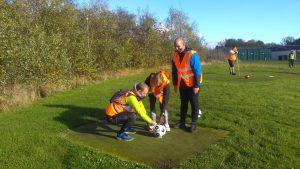
4. TAKE UP A CRAFT PROJECT OR LEARN A NEW SKILL
Some of our members love to write poetry, some like to paint, some even like to play the ukulele! Whatever your interests, completing a project at home or starting to learn something new can feel really rewarding and boost your morale. Often you can see what you have done and that in itself can lead to a big rush of feel goodness. If you are stuck for ideas, try the Age of Creativity’s website – http://www.ageofcreativity.co.uk/share/sections/
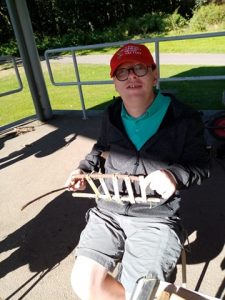
5. PICK UP THE PHONE TO FRIENDS AND FAMILY…OR US!
Ring 07426 716677 for Ella or 07875 288605 to speak to David. We would love to hear from you. Even though some people are isolating alone, we are still all in this together! Now is a great time to reach out to people we may have accidentally lost contact with over the years. Sharing your concerns with friends can be a real weight off your shoulders.

6. ENJOY NATURE
With the RSPB running a Breakfast Birdwatch (https://www.rspb.org.uk/about-the- rspb/about-us/media-centre/press-releases/rspbs-breakfast-birdwatch/ ) every weekday morning, and lots of tips online about how to bring wildlife to your garden or green space (https://www.opencountry.org.uk/10-wildlife-gardening-tips-to-do-from-home-even-in-the-smallest-of-outdoor-spaces/ ), now is a better time than any to enjoy local nature. Wildlife watching has been proven to increase our mood and wellbeing. Sharron says: ‘’If you are within walking distance of a stream, pond, lake or river, pause for a moment, listen and reflect on thoughts, feel cleansed and calm. Another idea is to visit a tree, shrub or even plant in a pot, look for new signs of growth, over time you will see or feel and welcome new growth in front of us!’’
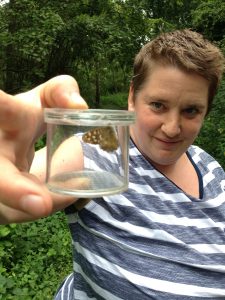
7. DRINK LOTS OF WATER
Keeping hydrated is important, not only for our physical health but also to our mental wellbeing. Drinking water can help combat a lack of energy, improve concentration levels and flush out bad toxins. According to NHS guidelines, we should all be trying for 8 glasses (or 2 litres) of water each day!
8. DEVELOP A RECIPE BOOK WITH HEALTHY MEALS THAT SUIT YOU, YOUR BUDGET AND YOUR HABIT
Help yourself to plan your food shops better by creating a very basic recipe book for yourself or your family. It doesn’t have to be long, 5 or 6 of each simple meal (breakfast, lunch and tea) would be ample. And you can build it up over time. It might help save you money to only buy ingredients you need and hopefully save your weekly food wastage. It will also allow you to develop your creative side in the kitchen. We like Jamie Oliver’s easy recipes – https://www.jamieoliver.com/recipes/
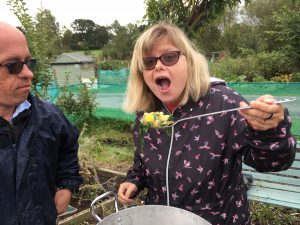
9. LET LIGHT AND AIR IN YOUR HOUSE
Sitting in a dark house will no doubt bring our moods down. Whilst most of us are inside for the majority of the day, we need to find a way to let the outdoors in. This is especially true of those who cannot access garden space. By letting in sunshine and fresh air (and maybe even the sound of nature) during the daytime, you might find a short-term solution for not being able to access the countryside. Open a few windows and see if you can pick up any of those wonderful ‘fresh air’ smells!

10. BE KIND
Research suggests that acts of giving and kindness can help improve your mental wellbeing (www.nhs.uk). As we can’t get out as much and meet up with friends and family, why not send a card or write a letter to someone you know. It is always nice to receive something through the post (especially as not everyone has access to the internet), it shows that you are thinking of them and helps you feel more connected. You never know, you might get a nice letter back! Alternatively there are lots of ways to help other people through volunteering in your community.

For more information, have a look through the following websites:
- NHS Mental Wellbeing
https://www.nhs.uk/conditions/stress-anxiety-depression/improve-mental-wellbeing/
- Mind’s Coronavirus support page
https://www.mind.org.uk/coronavirus-we-are-here-for-you/
- Healthline has useful tips too:
At the time of writing this, all of the following mental health phone lines were still operating and you can reach them on:
- Samaritans
https://www.samaritans.org/how-we-can-help/contact-samaritan/
- Mind’s helpline numbers

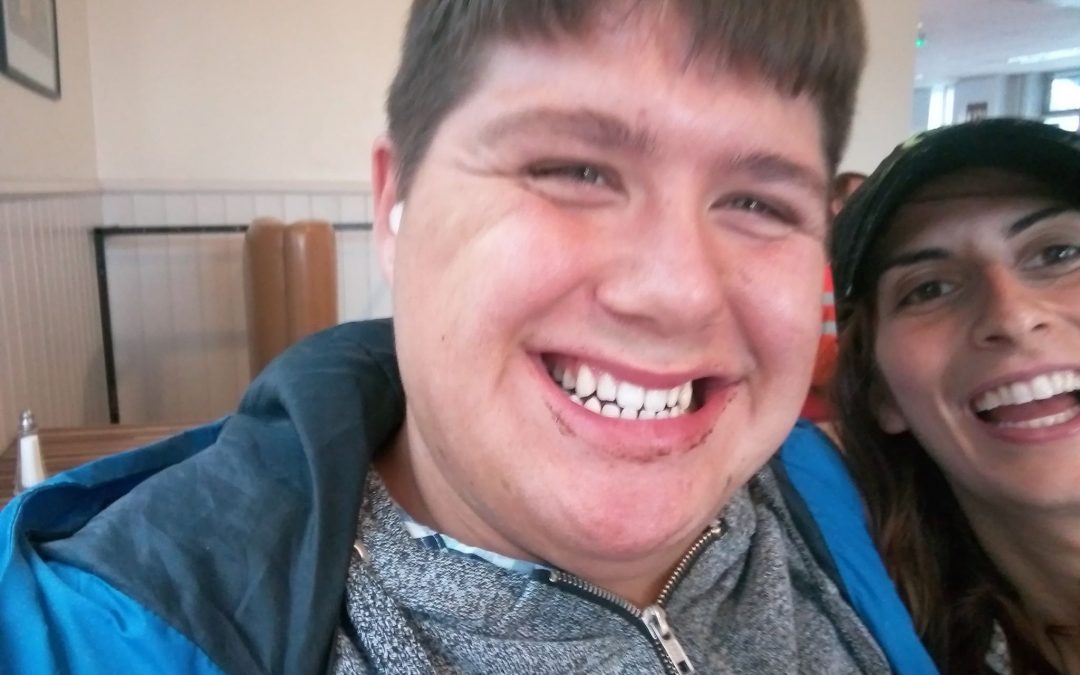
Recent Comments